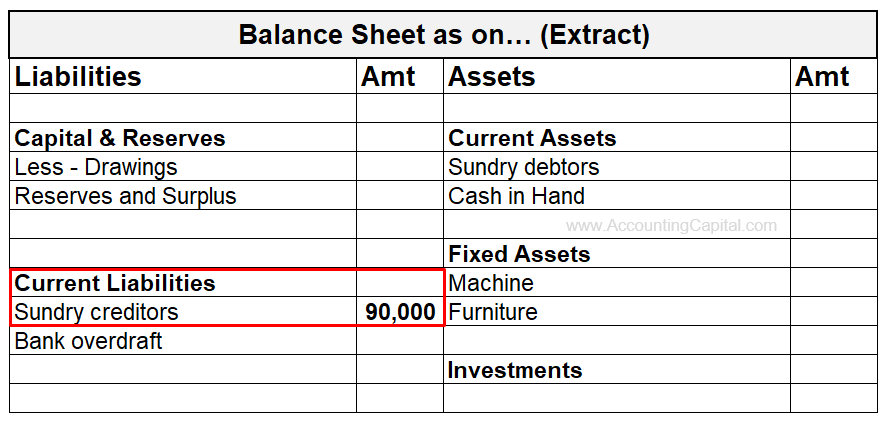High-low method
The high-low method is ultimately used to identify incurred costs that change from one period to the next and other costs that occur at the same time and rate each period. It compares the highest and lowest levels of activity associated with the total cost for each period. What Is the High-Low Method? In cost accounting, […]








